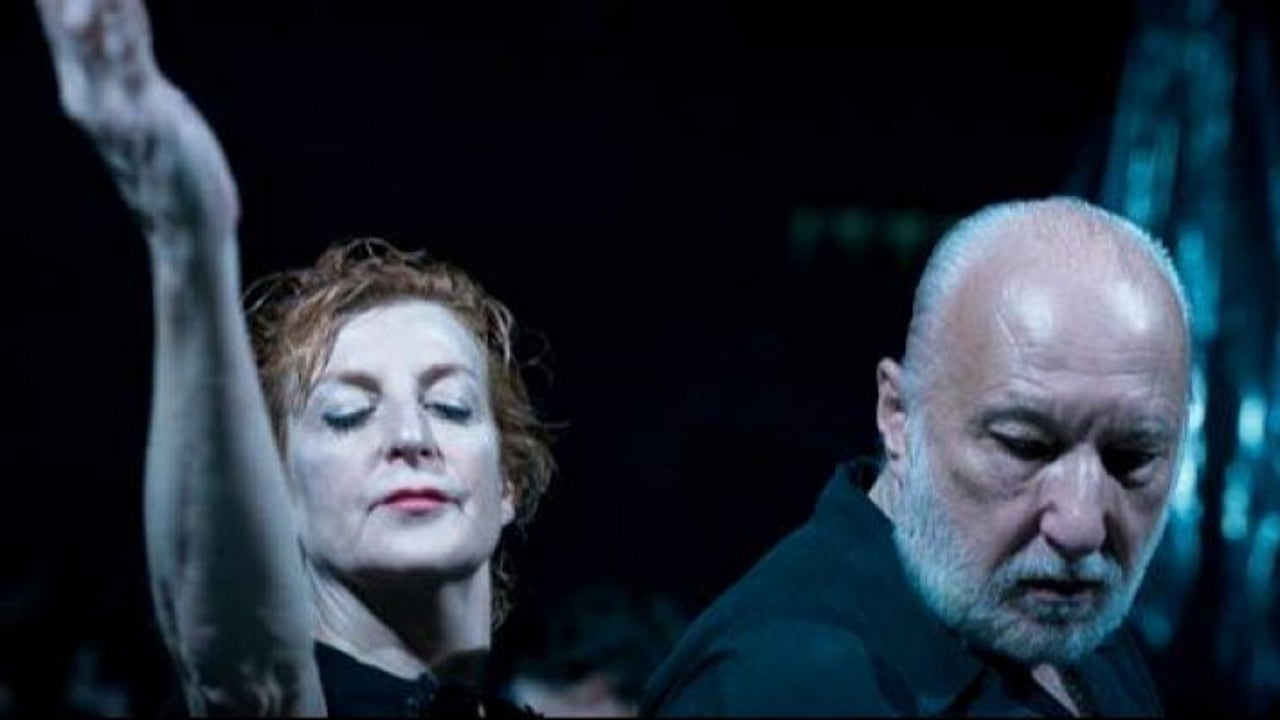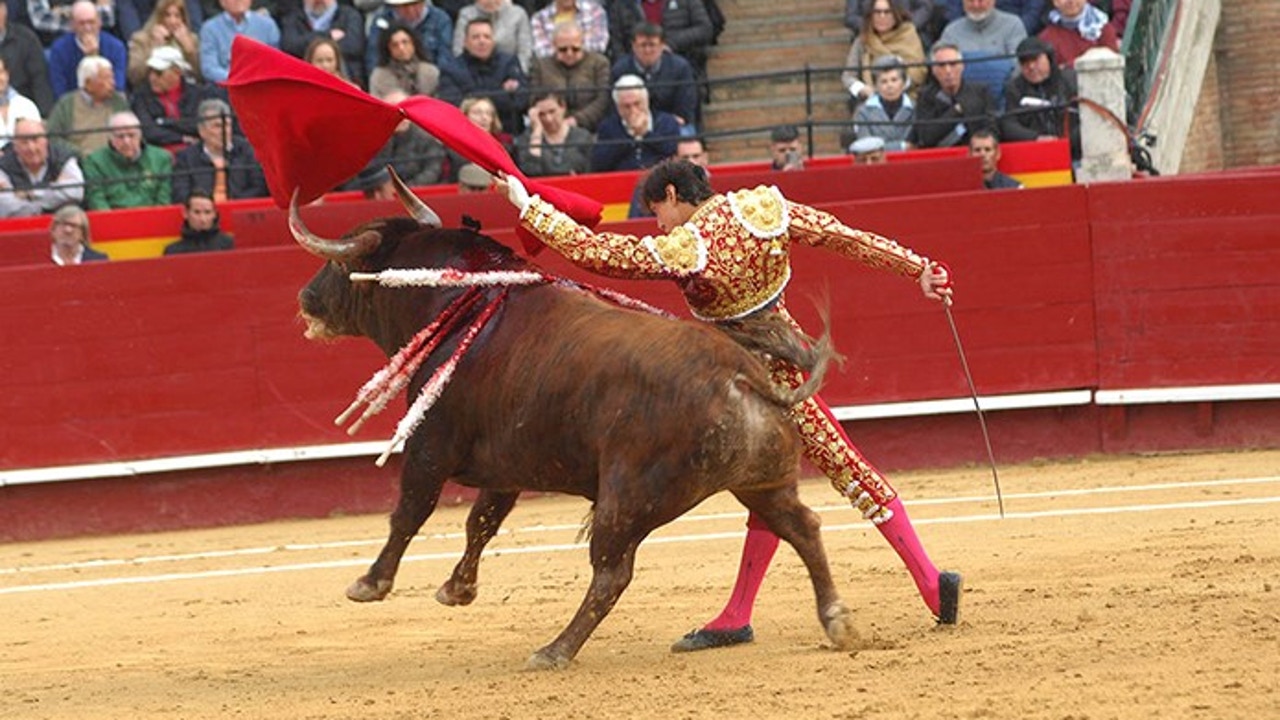'T matcha' or the wound made beauty - La Provincia

The writer and journalist Santiago Gil (Gua, 1967) presented yesterday 'T Matcha', a poems designed as "a song to love" in homage to his partner, Chiqui Castellano, who died unexpectedly a year ago, in which the author embark on a journey from the wound to the light, where love crystallizes in poetry.
The poetic challenge of immortalizing love in a verse, and of keeping it alive against absence and time through the word, is the literary scent of Matcha tea (Editions La Palma, 2020), the new poems by Santiago Gil, which he presented in an emotional meeting yesterday at the León-Castillo de Telde House-Museum, when he was one year after the death of his partner, Chiqui Castellano, then director of El Canary Museum.
The writer and journalist, clothed by the journalist Ángeles Arencibia, the poet Alicia Llarena, the photographer Teresa Correa - who also illustrated the cover of the book -, the actress Carol Cabrera and the director of the House-Museum, Franck González, as well as by many friends, broke down the creative paths of this poems conceived as "a song to love", in line with Georges Bracques's premise that "the art is a wound made light. " "At all times, the intention was to make a path to light and beauty, not to sadness or pity," said the author.
Gil's journey from loss to poetry, a year ago, began in silence, perhaps because of that maxim that Rosa Montero reveals in The ridiculous idea not to see you again (Seix Barral, 2013) and that argues that "true pain is unspeakable ... because when pain falls on you without palliative, the first thing that starts you is the word."
"I was completely paralyzed, because when you lose who you love is like an amputation," says the author. "It is also said that it is not convenient to write in the heat, neither in the joy nor in the suffering, but in the distance, so just going from one line to the next was an almost physical effort," adds Gil, who assumed as an inner mantra Black heralds de Vallejo: "There are blows in life, so strong ... I don't know!"
The return of the first letters followed the order of the alphabet, since the discipline of building a poem was imposed every day from the "Love" A. "I sat down to write those 29 poems, which is something that should never be done, because the poems are not going to be searched, but they find you, like love," he says.
And after turning his heart into the alphabet, Gil dusted several previous poems written in the effervescence of shared love, which go through the steps and streets, museums, champagne, the other mirror or "you and I walking hand in hand / as eternal as these downpours / that leave the park smelling of wet ground. " The result of the set would structure the poems in three different parts, collected under the titles When we thought we were eternal, when you left Y When I write beyond your death, which go through the different phases of memory, the coup and the after, until the complete return to the calendar ended yesterday.
However, Gil would warn against this first draft the risk that "the sentimental could sink the literary." For this reason, the final stretch of the creative process became pruning. carveriana and rewriting sponsored by its editor, David Santana, in which he suppressed the most intimate poems, including the poetic alphabet that brought back the words, but also the names or everyday metaphors such as "matcha tea", which titled the whole volume , and that was "a way of saying: I love you".
Literature
"For me it was very hard, but one has to be consistent with literature," says the writer. "Poetry is not a relief, but the word in time, as Antonio Machado said; the emotion contained in the nakedness of the word." "And that was the literary exercise I did to Matcha tea: I wanted the poems to have a life of their own beyond the love story that Chiqui and I had, "he explains.
In this line, Gil crystallized in Matcha tea "the game of keeping you alive," as one of his verses says, but inscribed in the landscape of his commitment to writing, so that the poetry of that love transcends time and word. "Actually, I don't believe in time, but in love. And love is eternal, because what we love remains forever within you," he declares. "And in the end you discover that literature is above all, even above death, and that, as long as there is a human being, literature will exist. When you face the unanswered questions, the dead ends, what remains and relieves us is art, "he concludes.
However, once the poetic flight of Matcha tea, Gil says that "now my happiness is to keep looking for that beauty." In his luggage he treasures the eternity of the placid and serene memory that the witness of the wound takes. Also several novels in the portfolio and the learning of Kabbalah, which defends "love as bestowal." And of course, the truth of a love turned into a verse: "I have created a small altar, a space of light within myself, so as not to forget you. There the smile and beauty will be born."











